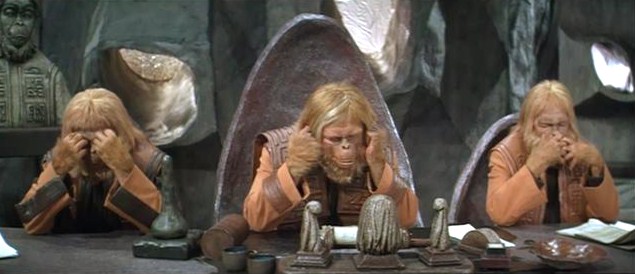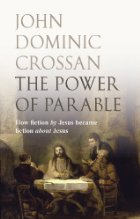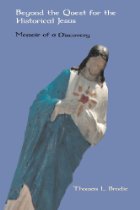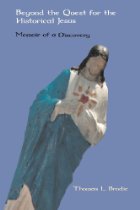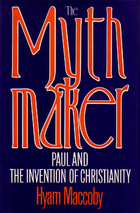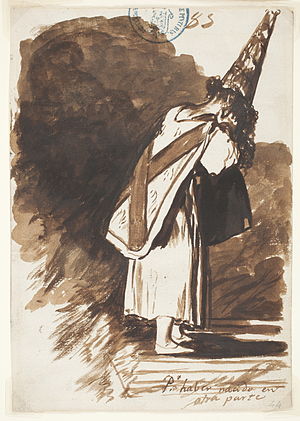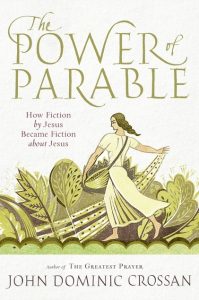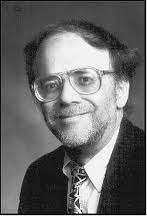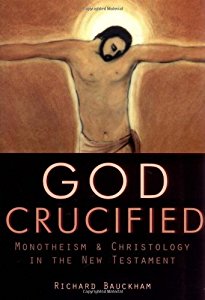William Wrede’s The Messianic Secret
Part 8: A Different Kind of Messiah? — An astonishingly persistent misconception
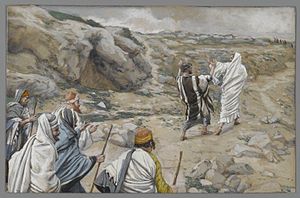
This unit picks up after our mid-stream break in which we answered the question: “What Is the Messianic Secret?“
Restatement of purpose
It is not my main purpose to argue for or against Wrede’s thesis. That isn’t why I’ve embarked on this reading expedition. My reasoning is straightforward: Before we agree or disagree with Wrede, we ought to know what he really said. As I’ve mentioned in earlier posts, The Messianic Secret had a profound impact on NT scholarship. Yet that impact is mostly misunderstood and largely muffled by scholars and laymen who opine on the subject with only the most cursory reference to the actual source material.
I note with some sadness the historical irony here. Wrede continually asked his fellow scholars to stop ignoring Mark. Instead of asking, “Why did Jesus do that?” we first should ask, “What did Mark mean when he wrote that?” Having learned nothing from The Messianic Secret, scholars now ignore both Wrede and Mark.
A short autobiographical digression
When I left the USAF back in ’92, I ended up working for a consulting company that specialized in information technology (IT) management, and which also dabbled in business process re-engineering (BPR). We became heavily involved in helping the Air Force with the merger of the old AF Systems Command and AF Logistics Command into the combined AF Materiel Command. Specifically, we were to assist them in deciding on a single set of IT standards, methods, processes, etc.
I found myself in the unexpected role of facilitator in round-table discussions, with a group of high-ranking, strong-willed people who had larger-than-life egos. They were all rulers of their fiefdoms, and quite unaccustomed to being told how to run their businesses.
My job was to keep the discussion on an even keel, to make sure everyone contributed to the discussion, and to gently guide the group to a consensus. One of the rules that we followed (and which I enforced) was this: Before anyone could disagree with a previous point, he or she had to restate it to the satisfaction of the person who had made that point. You would be amazed at how well this rule works not only in de-escalating tensions but in saving time.
How does it save time? Well, people don’t hear very well when they think they and their cherished beliefs are under attack. So when Mr. X would speak up and say, “I disagree with Ms. Y, because the real problem with . . .” My job was to say, “Hang on. Explain what Ms. Y said.” Immediately his posture would change. Instead of leaning forward aggressively, he would usually sit back, reflect a moment, and say: “Well, I think she said . . .” The ensuing give-and-take helped to clarify the issues at hand, and more often than not, Mr. X would admit that he had misunderstood Ms. Y. Frequently they found that they were actually in “violent agreement.”
I tell this story to explain why I have such a strong conviction about understanding a work before criticizing it or proposing “better” explanations. The vast majority of scholars who talk about the Messianic Secret are clearly ignorant of Wrede’s work. They waste our time by rehashing arguments that Wrede already convincingly addressed and discredited. And they do a disservice to their students and the reading public who get a distorted view of what the Messianic Secret is all about.
“Don’t get the wrong idea about me.”
I almost hate to bring up Bart Ehrman again as a bad example, because it’s starting to look as if we’re unduly picking on him. He is not uniquely wrong at explaining Wrede; in fact in some respects he’s better than most. However, his assessment of the Messianic Secret motif is very instructive with respect to the idea of “different kinds of messiahs.” In his survey textbook, The New Testament, he summarizes Wrede’s thesis. He misses many of the nuances of Wrede’s arguments, but he’s generally accurate.
However, because Ehrman sees the gospel of Mark as an “ancient religious biography” (see Chapter 4), and because he fails to understand that Wrede’s questions are more about Mark, not the historical Jesus, he finishes his assessment by shooting over the heads of Wrede and Mark, offering the following historical explanation to what is essentially a form-critical question:
Continue reading “Reading Wrede Again for the First Time (8)”


